Josh Innes has been off the radio for nine months. This follows a career featuring stints in Afternoon Drive at WIP in Philadelphia and Morning Drive at Sports Talk 790 in Houston. He’s very active on Twitter and has his own podcast “The Josh Innes Show.” I caught up with him earlier this week to talk about what he’s learned from those experiences and what’s next for him. You can check out his podcast and latest information at: https://joshinnesshow.com/
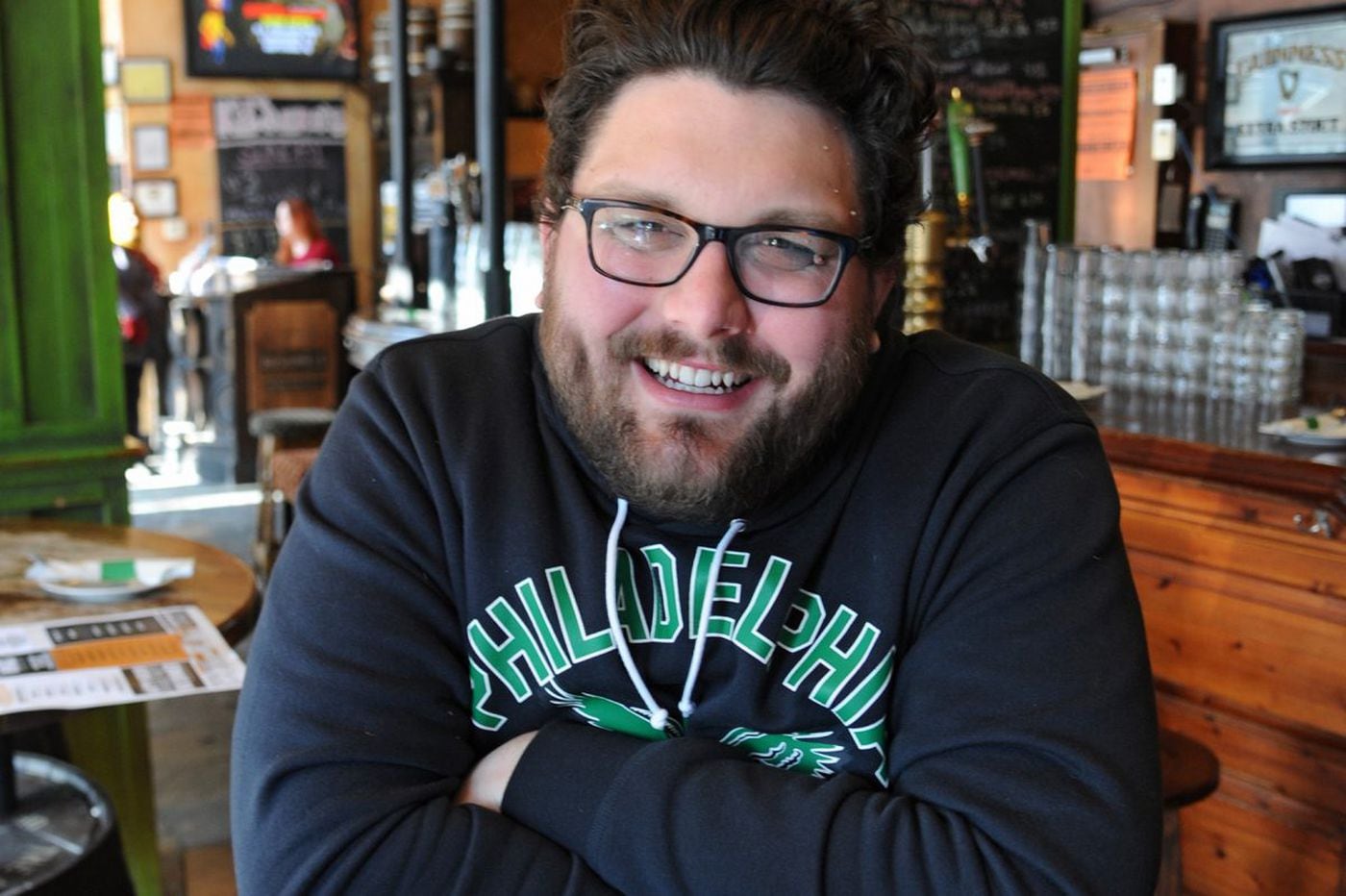
Matt Fishman: You tweeted around Thanksgiving about how thankful you were this year to no longer be in a toxic work environment and you have added perspective. Can you elaborate on this?
Josh Innes: I was working at iHeart in Houston and I had been from October 2016 until March of this year. There were moments that were good, but ultimately it wasn’t an ideal situation for me. It wasn’t what I thought it was gonna be. There were a lot of times I wondered why that particular station hired me because I didn’t know if they really wanted me to do what I do. There were always a lot of problems it that way. It wasn’t by a lack of effort of trying to see things their way. We just had a philosophical difference.
I like to create waves and bring attention to the medium. I think that’s good for everything. Whereas I think where it was kinda a lay low, don’t bother anybody, don’t upset the broadcast partners. Let me put it this way I would go to work sometimes and my boss would sit my down in his office and tell me, “By the way no one at the radio station likes you.”
It was just a really bad situation mentally. I wasn’t having very much fun. I worked my ass off and spent a lot of my own money trying to make the show successful. It was just a really catty kind of place. I think management, at times, tried to pit people against each other. They enjoyed that in a weird way. It was really just not a good situation.
While it’s unfortunate that I don’t have a job at the moment, I feel fortunate that now that I’ve had time to step back for the past 8-9 months, I can say it’s probably for the best because that wasn’t a good situation for me. It probably wasn’t a good situation for me mentally. There were just so many things about that situation that were toxic so now that I look back on it, I’m glad that time in my life is over.
MF: How does this new perspective change you going into the next conversation you have with a radio station?
JI: I can say this. There are things I’ve learned everywhere I’ve been and you take things you’ve learned at all these stops and you hope that it improves you as a person. While it was a toxic situation there, that station was really sales heavy and you learned how to focus on things that made the station more money.
Same as when I left WIP, sometimes they felt that I was so driven by ratings that I kind of ignored the sales part of it. When I came here (Houston) I focused on making things happen. I was down in sales everyday working on ideas to make the station more money.

How to handle certain intra-office situations. There was a guy there who worked for the Rockets–he was one of their broadcasters. One time I was wearing a t-shirt for another team and he took a picture of me in the shirt and said this is for the Rockets knowing that this would upset the Rockets and I would get a call from my boss about it. I just went out and tried to destroy that guy because I felt that he was completely out of line. By trying to destroy that guy it probably pissed off some of his sales buddies to me and they didn’t sell me as much. Did I need to do that, I didn’t. You learn from that and move forward.
When you are out of it for nine months and your phone doesn’t ring it changes your perspective as well. You get humbled when your phone doesn’t ring and you look back at things that you could’ve handled situations better.
MF: Do you feel like your phone hasn’t been ringing as much because you get let go by WIP and then in Houston and people think “this guy must be toxic” and the phone doesn’t ring?
JI: Recently the phone has started to ring more, but to answer your question, I do think if people don’t know you and if all they know is what they read about you from certain situations they can think that. It’s incumbent upon me to change that. I just have to have the opportunity to do it. Anytime I talk to anyone in management I tell them that my situation is different because you mature a little bit and being out nine months that the opportunities aren’t always going to be there. There were times hey maybe I’ll never have that big job again and I will be known as the guy who blew it. I was the guy who had these big gigs and I pissed it all away.
There is a certain element of being humbled that plays to my benefit because they’ll be getting a different guy in the sense that I think I know how to handle situations better than I used to. Going back to our initial point that when I got fired here or fired there my phone rings, you just assume what you are doing is 100% right because people are always looking to hire you. When it doesn’t happen that way anymore you kinda think, “maybe there’s something that I need to change, something I need to do differently.”
MF: I saw that you did a couple of shows last week at the ESPN station in Memphis. How did that go? How did it feel?
JI: I loved it. Memphis is one of my favorite places. My dad had worked there in the late 80s. It’s funny, I had just randomly texted the PD at that station, Brad Carson, and I told him how fortunate he is for that being such a great market. It’s a small enough town but not too small where it’s syndicated all day. I have always wanted to be on the air in Memphis at least for a day because my dad was on the radio there. When I was growing up I went to Memphis a lot, I like the Grizzlies and I felt like I kinda knew the town. It was cool. It’s weird not being in the city as I did the shows from Houston. It was fun! I had a really good time doing it. Brad is a really great guy and made it a great experience.
MF: Do you think that’s something you’ll be doing more of, especially with the holiday season right around the corner?
JI: I would hope so. I am available to do whatever. I know a lot of people on your site are program directors. I can be available anytime you need me and I can find the studio to do it from. It’s kinda neat. You never know what market you would do a fill in at. If people will have me on their stations. I think that’s good because I know that people have questions about me.
One thing I get from PDs is “I never question your talent we just question how things will work at this place and this situation.” My guess is that if you’d ask Brad Carson he would tell you that it was a very easy thing. Just to give him a compliment–he’s fantastic to work with. It was a great experience. I hope it leads to other opportunities.
MF: Speaking of other opportunities, the Fanatic in Philadelphia just fired their PD Eric Johnson. What does it mean potentially for you and what does it mean for Philadelphia sports radio?
JI: I don’t know. I can tell you that Eric is a very nice guy. I feel like they could find themselves in a position to get closer to WIP. My guess would be they want to get into a position where they could just be closer. I would certainly answer the phone if The Fanatic called. I certainly think I could add to what they do there. Now people will say “You had that big radio fight with the afternoon guy.” That’s a radio fight. When you’re a competitor you’re in a radio fight. If you’re on the same team you have a common goal to beat the competition–WIP. If the Fanatic were to call me I would say “What do you want me to do? Let’s make something happen and go beat WIP!”

People assume because you talk about this guy, this guy, this guy that you could never work with them. When I was in Houston we went after the (other stations) shows. They didn’t take it as a joke. It really upset them. After I got fired I reached out to them. I was trying to make radio interesting. We’re in Houston there are three sports stations that combine for a four-share.
If the Fanatic were to call me and ask me if I could reconcile with Mike Missanelli. Here’s what I would say. Mike has obviously accomplished a lot in that market. He basically launched that station. He’s the Angelo (Cataldi) of 97.5. If you look at it, the one constant there has been Mike. I can respect that. As a radio guy I can respect that. I beat him for awhile, he came back and beat me for awhile. We had a really good battle there. But if the Fanatic would pick up the phone and ask if I would have an issue working with Mike Missanelli. Hell no!! The guy has been there for a decade. The guy has done great things ratings-wise. He’s basically their bell cow financially and ratings-wise. I just want to go somewhere and be part of a team and kick some ass. I don’t know what they’re going to do at the Fanatic. I haven’t talked to them but I’d be all about it and I’d go in there and say, “Hey Mike give me a hug and let’s go figure this thing out.”
If Joe Bell from the Fanatic were to pick up the phone and call me and say, “Josh Innes come to Philadelphia we want to make something happen, but we need to make it work in the building.” I’d say “Get Missanelli on the phone or get me in person with him and I’ll tell him I admire the stuff he’s done it was just a stupid radio war and let’s go out there and beat the shit out of WIP.”
MF: When you were on the air in Houston was there a lot of pressure to be easy on the teams?
JI: I’m going to give credit to (Sportsradio) 610. I never felt that people at 610 went easy on the Texans, and they were the Texans’ station. Where I worked at 790 was more like romper room. There were times when I’d be critical of the Houston Rockets and I’d get a text from the Market Manager, not the PD, and this is one text I got in the middle of a show that pops into my mind saying “You’ve said enough. Let the callers handle it.” You paid me all this money to send me this text and let the callers “handle it?”
Here’s what I’d get all the time: my management would tell me all the time that the teams don’t like me. I get it would be nice if they did. Part of sports radio and appealing to a mass audience is saying what fans are thinking. You have to be able to be critical.

Here’s what our rule was: say whatever you want about the Texans but don’t do the same with the Rockets. One time I said the Rockets GM could get fired if they didn’t turn things around. Got a call from the boss who said “How do you know he’s going to get fired?” I said, “I don’t but it’s my opinion if they don’t turn it around after how they finished last year they’re probably in trouble.” The boss said, “Well we don’t want people on the air saying people could get fired because that’s a personal attack.”
By the way, it’s not wise to tell the talent that the teams hate them. How am I going to react to that? Am I going to get on the air and say these guys are great people. I never had this problem at 610/Houston or at WIP/Philadelphia. In Philadelphia, the PD Andy Bloom did such a good job of shielding me from anything the teams were complaining to him about. In Philly it’s expected that you get on the radio and dump on them after you lose to the two-win Dolphins. You can’t say enough bad shit about them when that happens. In Houston that’s not exactly the case.
MF: Given this experience, does this mean you would be more likely to go somewhere that allows you to be critical of the teams?
JI: I get that there are rules in certain cities and with certain teams. I’m not hell bent on being in this market or that market. I just want to be on the air, make a living and have fun doing it. Would I like to be in Chicago or back in Philly again or in Dallas? Sure I would. But if the station happens to be in Memphis, Kansas City or St. Louis and they dig what I do and want to pay me to do it, I’m interested.
MF:How do you like doing your podcast?
JI: I’m weird that I have to change things every month. The sponsors don’t seem to mind and it’s a little looser. Sometimes I’ll do it at night. Sometimes after consuming many beers on a Sunday. We’ll see where it goes. I’ll continue to do it when I get a job. You can do a lot of things in a podcast that if you did it on the radio they might tell you to pump the breaks.
MF: What do you think of the current state of sports radio and its future?
JI: It might not be what it was 7-8 years ago where you lost a lot of classic rock stations that became sports talk on FM. To me, sports talk radio is the best format for someone who wants to talk and entertain. It’s the closest to guy-talk you’re gonna get. It’s the closest to what Howard Stern, Opie and Anthony and Mancow were doing 20 years ago. Depending on the market and the daypart of course.
20 years ago everyone was looking for the next Jim Rome. Now everyone is trying to find the next Colin Cowherd. What I don’t like is when I can listen to a guy and he’s about to go into one of these “Cowherdian” comparisons and I can almost tell you before he says it what the comparison will be. The other issue is a lot of young guys not finding their own voice. The art of creating your own thing is taking a little bit from everyone, learning the market and making sure everyone doesn’t sound the same.
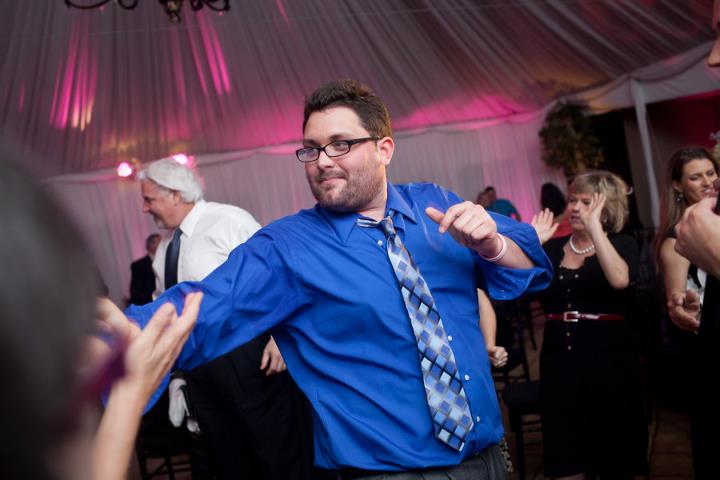
I think you need to have more visionary programmers out there. You’ve got Armen Williams in Houston, Gavin (Spittle) who is one of the best and Mike Thomas, who’s going to Chicago, who is brilliant and Andy Bloom-Brilliant. You’ve got a really good group of guys who came from rock or hot-talk who know entertainment. Those are the type of guys who will keep it going.
Plus you need to put me on the radio. Or it will die.
Matt Fishman is a former columnist for BSM. The current PD of ESPN Cleveland has a lengthy resume in sports radio programming. His career stops include SiriusXM, 670 The Score in Chicago, and 610 Sports in Kansas City. You can follow him on Twitter @FatMishman20 or you can email him at FishmanSolutions@gmail.com.




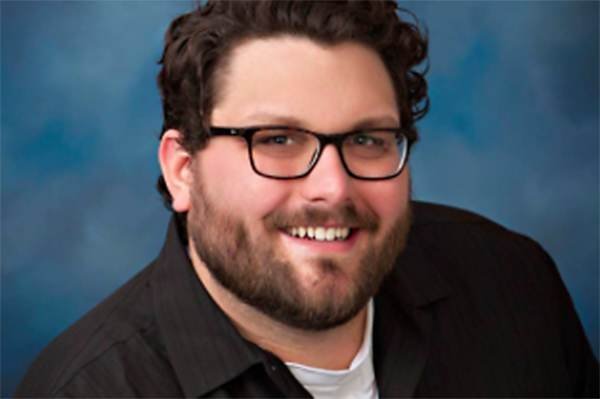
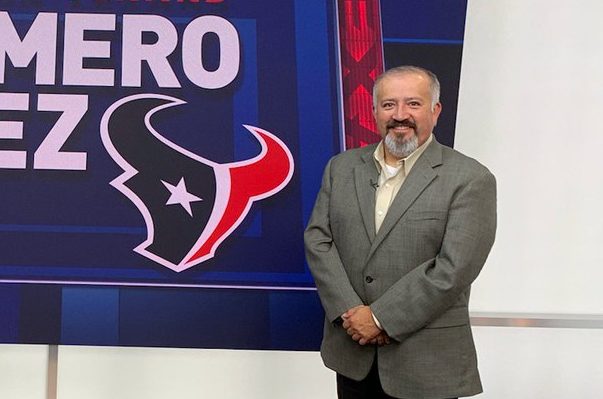
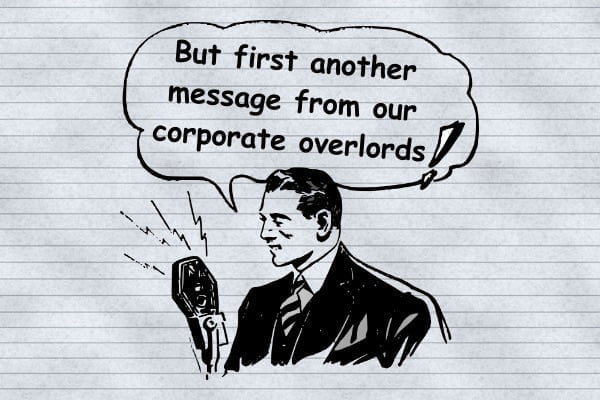

Fantastic interview, Josh deserves another chance to make radio greatness whether it be in Philly or somewhere else. I look forward to the day he does, but selfishly hope that his podcast keeps going.
Someone get this guy on the radio! Sports radio is better when JIS is involved.